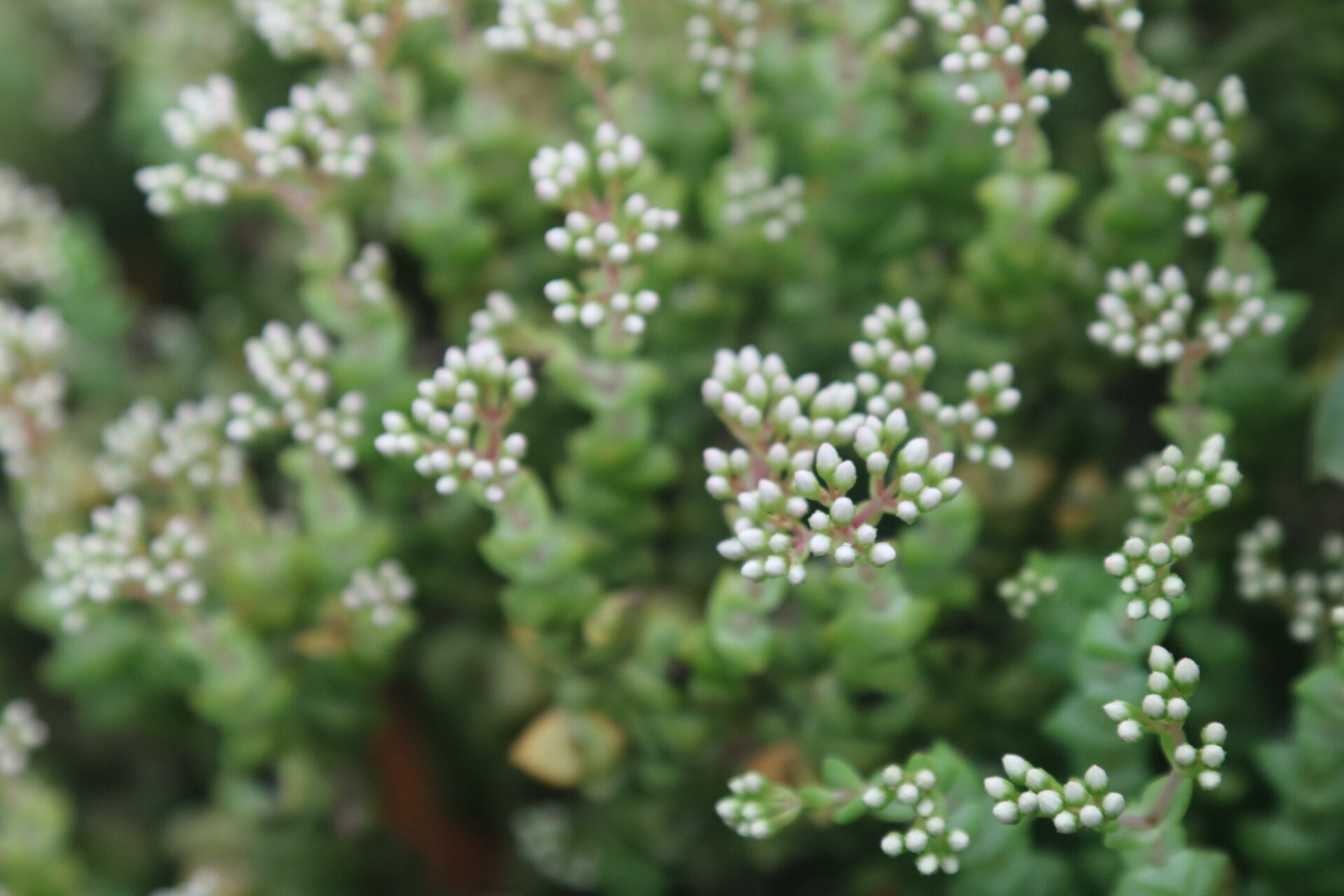Image courtesy of Pexels.
By Catelyn Fitzgerald ’23
Staff Writer
Humans have long entertained a complex relationship with cooperation. In the U.S. specifically, praise for individualism and a mixed trust of institutions mark our relationships with one another and how we view ourselves within a greater society. While we can go through the daily motions without considering the complicated nature of cooperation in America, the COVID-19 pandemic has thrown the issue at our feet, laying open our society in a way that begs us to take a closer look.
Mask-wearing and social distancing have served as an obvious trial of Americans’ ability to act together with a particularly high-stakes incentive for collective action. Because masks protect others more than those wearing them, those who use them are choosing to benefit others at their own expense with the hope that everyone will do the same. A Pew Research Center poll conducted in August found that around 85 percent of adults say they regularly wear masks in stores and other businesses. While this number is admirable, an outspoken minority has been seen protesting mask mandates across the country. Many reasons exist as to why these so-called “anti-maskers” refuse to wear face coverings in public, one of which is a concern that mask mandates infringe on the rights and freedoms guaranteed to individuals by the Constitution. Individual freedom has long been considered a core part of American society going back to John Locke’s declaration of fundamental rights held by all individuals and the ratification of the Bill of Rights in 1791. American individualism has grown and changed since the birth of our country, and today it is often used as a reason to evade cooperation in favor of personal benefit.
State and local governments are also failing to cooperate effectively in response to COVID-19. According to an article from The Guardian, states with Democratic governors have enacted school shutdowns, business closures and other COVID-19-related restrictions faster than states with Republican governors. The trend of instituting state health policy actions along party lines rather than based on the needs of the community and the recommendations of scientists show that other motives are at play. Along with varying responses among states, mixed signals given by government officials from local leaders to the president have caused confusion about the correct response to the virus and made a cohesive campaign impossible.
Variation in the response to the virus is not completely irrational. Concerns over the economic and human costs of closing businesses are legitimate, but the virus pays no mind to state lines. Now is not the time for states to prioritize their own economic interests, as this does little to abate the virus and ultimately leaves everyone worse off. If there was a consistent and coordinated response from states when the virus first entered the U.S., we might not be in the condition we find ourselves in today: with cases matching the levels last seen in April and the economy struggling.
If every person chooses to wear a mask and every state institutes travel restrictions and closes public spaces, COVID-19 cases will decline and we will eventually return to our normal lives with fewer deaths. But this happy ending can still be achieved without total participation. A few people or counties could “cheat” and refuse to follow safety measures along with the rest of the country while benefiting from the sacrifices of those around them. Everyone has an incentive to cheat, whether it be social or economic, but as we see more and more individuals and states make choices that help themselves at the expense of others, we stray further from a virus-free future.
The struggles we face with cooperation will not end with the pandemic. It is now more important than ever for us to look deeply at societal cooperation in the U.S. If we choose to learn from our mistakes now, we may be able to act together to protect the environment for the future. Climate change is one of the most collaborative issues humankind has ever faced. Every country, organization and person needs to do their part to avoid the catastrophic fates predicted by scientists.
We have seen in many ways how the refusal to cooperate has stopped potential strides in the fight against climate change. Struggles to pass climate legislation in Congress, corporations cheating on pollution restrictions and a growing league of climate deniers prevent necessary changes from being made to protect the environment in favor of political and economic gain for powerful people and organizations. Not only do these forces allow climate change to gain strength, they sow seeds of distrust in American society.
As the challenges we face grow bigger and more complex, perhaps it is time to go back to the basics. We must consider our role within society, and the American government must consider its role as a world power. We must ask ourselves what drives our decisions and what we can do to build a better future — not only for ourselves, but for our greater community and those who will take our place in the future.



